Is the shift from consumer to prosumer the ultimate step to sustainability?
 tells-market®︎
tells-market®︎Related Products
関連品物
FAIRBEANS | フェアビーンズ サddスティナブルスペシャルティーコーヒー・チョコレート

¥1,200
tells-market®︎
フェアビーンズコーヒーは、オーガニック・フェアトレード・シェイドグロウン(日陰栽培)の持続可能なコンセプトに基づいた、生産者と自然環境に負荷をかけることなく生み出された「サステイナブルスペシャルティコーヒー」です。

¥5,000
tells-market®︎
自社で製造されるフェアビーンズコーヒーを通して、フェアトレードを身近な選択肢の1つにできるよう幅広く展開してきたFAIRBEANS

¥15,000
tells-market®︎
ペルーから届く良質なチョコレートとココア

¥1,400
tells-market®︎
[定期購入] お野菜セット

¥800
tells-market®︎
森から得られたバナナやオレンジなどの果物、アボガドやプラタナス、豆類などの食料を提供することや、市場で販売して副収入を得ることによって、家計を支えることにも繋がります

¥1,000
tells-market®︎
フェアトレードは、途上国における多くの農業従事者が経済的自立を達成するための大きな手段の一つであると同時に、現在私たちの見えないところで、急速に進んでいる森林破壊や環境汚染を食い止める防波堤の一つとなっています

¥12,000
tells-market®︎
ペルー国内でチョコレートの加工まで行い輸入

¥12,400
tells-market®︎
2009年に新設されたJICA中部センター・なごや地球ひろば1階買物ゾーンに直営店を運営

¥1,000
tells-market®︎
多くの生産者の声を聴き、フェアトレードコーヒーが生産者へ適正な額が確実に渡り、生活が改善されていることを実感しました

¥1
tells-market®︎
中米での経験や学びを活かし、消費活動の現状を変えるために何が必要であるのか、そのために何をしなければいけないかを考え、より多くの消費者の手にオルタナティブな選択肢を提供していくことを決意

¥14,000
tells-market®︎
植物や多くの木々は、病気や害虫が広がるのを自然のバリアーのように防いでくれます。

¥50
tells-market®︎
景観重要建造物である「文化のみち橦木館」にてカフェ運営、名古屋市内に直営店舗運営を経験し、フェアトレードを発信する場も行ってきました。フェアトレードの理念を共有できる場所、フェアトレード活動全般に関わりたい人たちと接点を持ちながら、多くの市民、消費者に情報を発信し、フェアトレードという選択肢を提供することができること考え運営がされてきました。

¥12,000
tells-market®︎
Is Eco-Fashion the True Future of Style? Let's Dive Deeper into Ethical Threads and Choices

¥2
tells-market®︎
Is the shift from consumer to prosumer the ultimate step to sustainability?
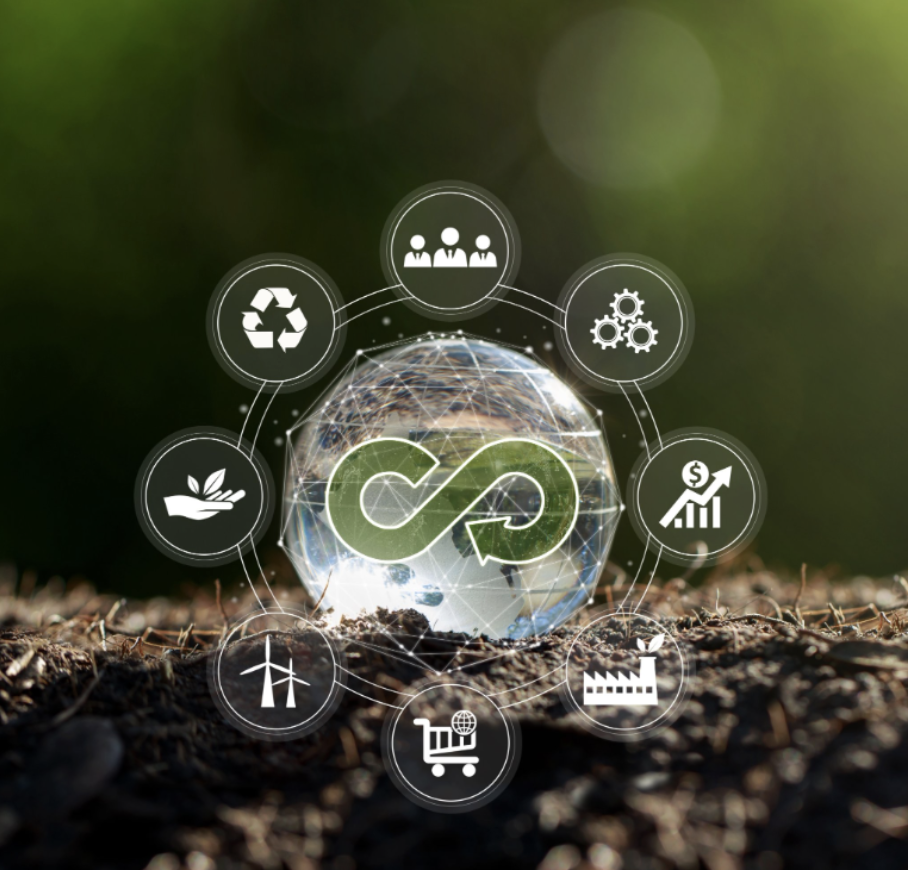
¥2
tells-market®︎
Astonishing role Culture and Craftsmanship play in Unlocking the Beauty of Earth's Future

¥2
tells-market®︎
The idiocy of designing limitless economic growth when the planet is running out of resources

¥3
tells-market®︎
Are Local Coins, WEB 3.0, and NFTs enough for Forging a Digital Economic Utopia in Japan?

¥2
tells-market®︎
Can we use Blockchain for Social Impact?
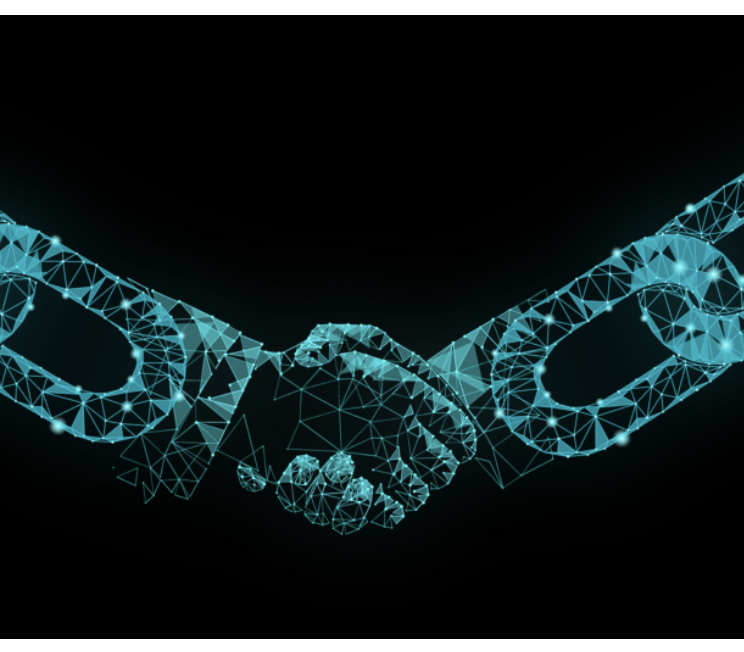
¥7
tells-market®︎
刀に魂を宿し、そして魂には刀が宿った刀鍛冶(かたなかじ)

¥1,000
tells-market®︎
『何者かになりたい』 その想いが見つけたカンボジアへの愛

¥1,000
tells-market®︎
大事なことは人を愛すること

¥1,000
tells-market®︎
自分が作っているもので地球を汚したくない

¥1,000
tells-market®︎
無理して笑わなくても大丈夫

¥1,000
tells-market®︎
身体の循環、社会の循環、そして人生の循環

¥1,000
tells-market®︎
本当にいいタオルには終わりがない

¥1,000
tells-market®︎
舌を磨くのは私たちの健康のために そして私たちの地球を磨くために

¥1,000
tells-market®︎
この世界は、人間だけのものではない

¥1,000
tells-market®︎
野菜は文化財である

¥1,000
tells-market®︎
Is Eco-Fashion the True Future of Style?

¥10,000
tells-market®︎
Is the shift from consumer to prosumer the ultimate step to sustainability?
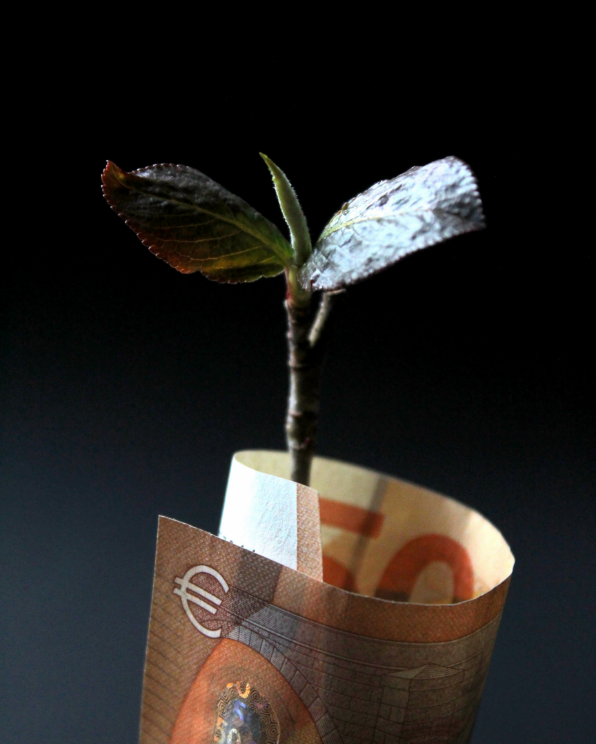
¥10,000
tells-market®︎
Score Testing Product

¥1,400
tells-market®︎
Encouraging consumers to adopt sustainable behaviors is an imperative task in the modern world. With the increasing awareness of sustainability, consumers are making conscious decisions that prioritize environmental concerns. Several techniques and strategies can be employed by businesses to promote sustainable consumption and influence consumer behavior. This article delves into these strategies, incorporating insights from two different articles: one discussing prompts, feedback, and incentives, and the other focusing on consumer attitudes and behaviors towards sustainability.
Leveraging Prompts, Feedback, and Incentives
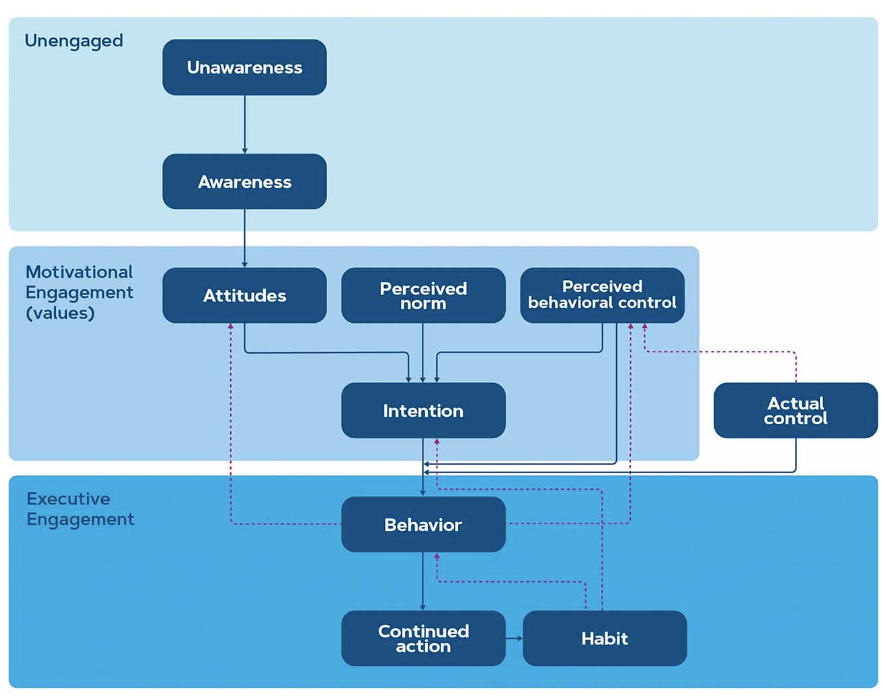
Prompts, a technique based on behavioral psychology, can effectively encourage consumers to engage in sustainable behaviors. For instance, text messages reminding people to use eco-friendly transportation options or recycle can be highly influential. These prompts work best when they are easy to understand and are received at the right place and time. Studies have shown that merely placing prompts near recycling bins increased recycling rates by a significant margin, demonstrating their efficacy.
Feedback plays a vital role in shaping sustainable habits. It informs individuals about their performance and, in some cases, compares their actions with those of others. For instance, household energy bills that indicate how a consumer's usage compares with their neighbors can motivate energy-saving practices. Real-time feedback, like the information provided by Toyota Prius about gas mileage, can be particularly effective for behaviors that are performed repeatedly.
Incentives are another powerful tool for driving sustainable behavior. Businesses can employ various forms of incentives to encourage consumers. For instance, Coca-Cola partnered with Merlin Entertainments in the UK to offer "reverse vending machines" that provide half-price entry tickets to theme parks in exchange for recycling plastic drink bottles. However, businesses must use incentives with care, as their removal can lead to the cessation of the desired behavior. It's also essential to avoid undermining consumers' intrinsic motivation by carefully balancing external incentives with intrinsic motives.
Major life changes, such as moving to a new neighborhood, starting a new job, or acquiring a new group of friends, can create opportunities for individuals to consciously evaluate and experiment with their routines. Research has shown that after such major life changes, individuals are more likely to engage in environmentally friendly behaviors, signifying the potential for breaking old habits and embracing sustainable practices.
The Domino Effect: Positive Spillover
One significant advantage of encouraging consumers to adopt sustainable habits is the creation of positive spillover effects. People are naturally inclined to be consistent, and when they embrace one sustainable behavior, they tend to make other positive changes as well. IKEA's Live Lagom initiative is an excellent example, demonstrating how small steps, such as reducing food waste, can lead to broader sustainability practices. In this case, consumers progressed from buying LED light bulbs to making significant changes in their home's energy efficiency.
It's important to note that negative spillover can also occur, where an initial ethical action permits less virtuous behavior in the future. This phenomenon, termed "licensing" by researchers, can happen when consumers feel that their initial ethical actions give them permission to act less virtuously. Therefore, businesses need to be cautious in designing their incentives and prompts to mitigate negative spillover effects.
Emotional and Rational Appeals

When communicating with consumers about sustainability, businesses have a choice between emotional appeals and rational arguments, both of which can be effective when applied correctly.
Emotional appeals tend to be more effective, as people are more likely to engage in sustainable behaviors when they experience positive emotions. Hope and pride are particularly useful in driving sustainable consumption. For example, campaigns like Bacardi and Lonely Whale's #thefuturedoesntsuck emphasize hope in their collaboration to eliminate plastic straws. Publicly praising consumers for their energy-efficiency efforts can engender pride, motivating them to save more energy.
Guilt, on the other hand, should be used with caution. While it can be an effective motivator, excessively explicit guilt appeals can lead to negative reactions. Moderate levels of guilt, sadness, or fear are generally more effective in motivating sustainable behavior.
Rational appeals can also be powerful. Communicating the positive impact of sustainable choices, such as reduced energy costs, can influence consumer behavior. However, framing the information correctly is crucial, especially for products with high up-front costs and delayed benefits. Research has shown that information framed in terms of dollars, making future consequences more salient, and appealing to people's aversion to losses can drive sustainable purchases.
Favoring Experiences Over Ownership
In the "experience economy," companies offer experiential options as an alternative to material goods, such as destination honeymoons or gourmet dinners. This shift not only has the potential for sustainability benefits but also enhances emotional connections and memories between consumers.
The sharing economy is another successful approach to promoting sustainability. Companies like Airbnb and Zipcar provide access to existing resources, reducing the environmental footprint associated with manufacturing new products.
Additionally, some companies have found success by offering recycling and refurbishing services for their products. Patagonia and Eileen Fisher encourage customers to buy durable clothing, wear it as long as possible, and return it for refurbishing and resale, contributing to a more sustainable lifecycle for their products.
Consumer Attitudes and Behaviors Toward Sustainability
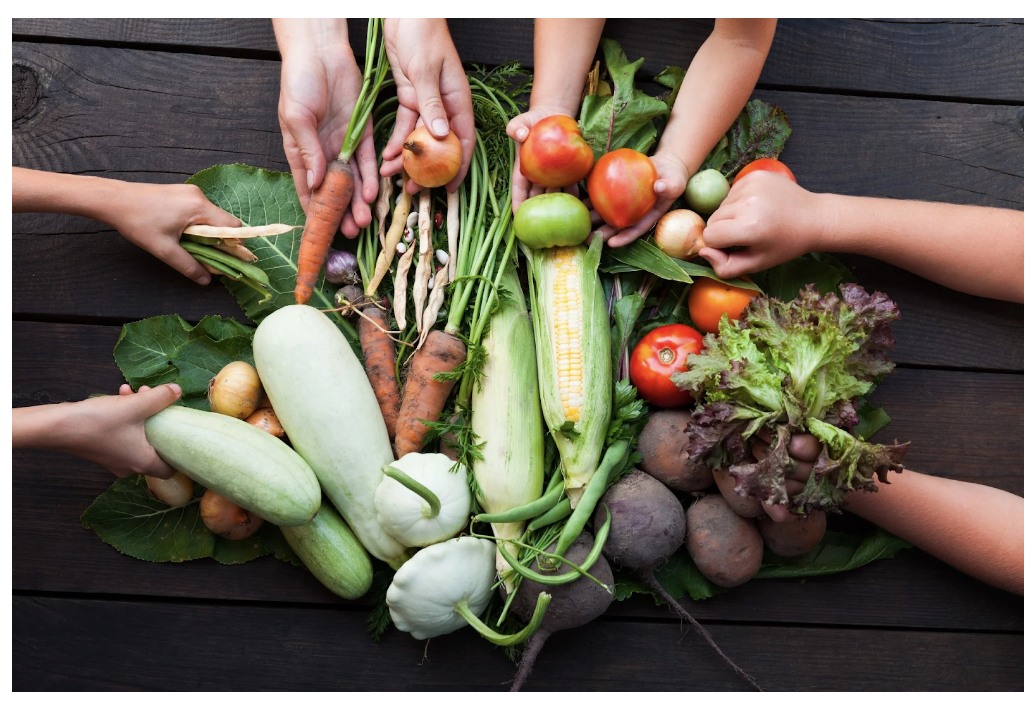
Consumer attitudes and behaviors regarding sustainability have evolved over the years. Deloitte's research reveals that consumers have increasingly started making conscious choices based on sustainability and environmental considerations. These behavioral changes have been partly influenced by external factors, such as the COVID-19 pandemic and economic instability.
Consumers are now making more deliberate decisions to lead a sustainable lifestyle. This includes focusing on buying only what they need, reducing meat consumption, and choosing low carbon emission transportation options. Economic factors, like inflation and supply chain disruptions, have played a role in these shifts, as consumers seek ways to spend less through sustainable and durable goods.
Recycling and reducing waste, along with product repair, are some of the initial steps consumers take towards adopting a sustainable lifestyle. Purchasing seasonal, local, and second-hand products have also gained popularity.
However, consumers may still face barriers to adopting sustainability. These barriers include cost, lack of information, lack of accessibility to sustainable options, and doubts about the effectiveness of sustainable lifestyles. To overcome these barriers, businesses must work on making sustainable choices more affordable and readily available while providing consumers with clear information on disposal, recycling, and renewing products.
Trust and Transparency
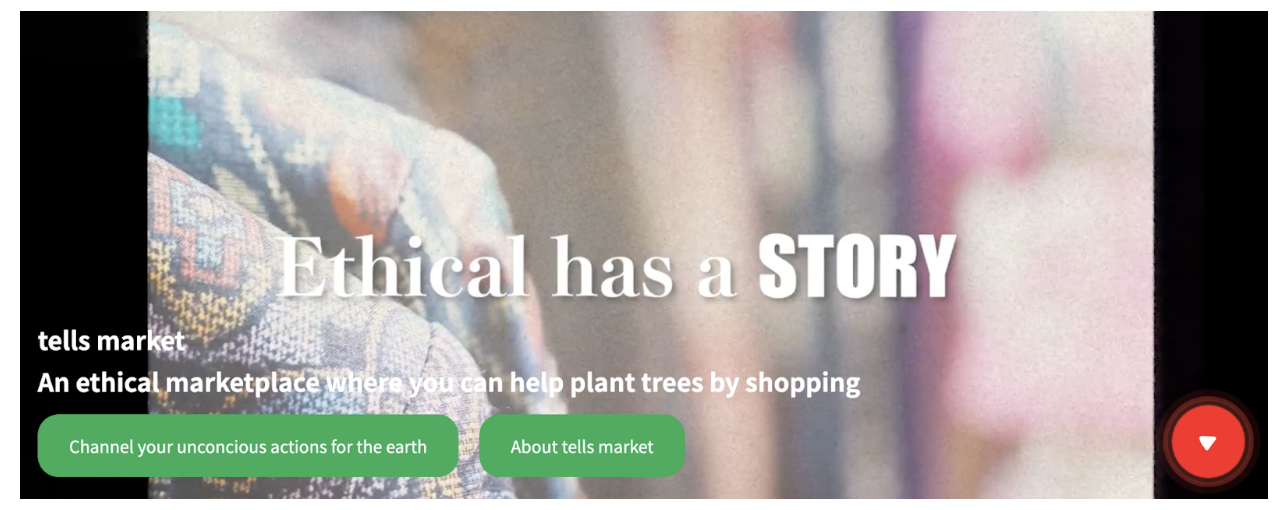
Consumer attitudes and behaviors toward sustainability are increasingly shaped by trust and transparency. In this context, it's worth mentioning the made in Japan e-commerce platform, tells Market, which actively promotes prosumer behavior. tells market offers consumers an opportunity to make sustainable choices, contributing to the overarching goal of shaping more eco-conscious behavior. Through the platform, consumers can not only access sustainable products and services that align with their values, but can also contribute to direct sustainable actions such as reforestation projects, and more.
In summary, shaping positive habits and consumer behavior for sustainability involves a combination of strategies, including prompts, feedback, incentives, and emotional and rational appeals. The adoption of sustainable habits can lead to positive spillover effects, but businesses must be wary of potential negative spillovers. Promoting experiences over ownership and exploring the sharing economy can further encourage sustainability. Understanding consumer attitudes and behaviors is essential, and businesses should work to reduce barriers to adopting sustainable lifestyles. Trust and transparency are key factors in building consumer confidence in business commitments to sustainability.
As businesses strive to drive sustainability in consumer behavior, a deeper understanding of human psychology, attitudes, and motivations is crucial. With the right strategies, sustainable business can indeed become smart business in the coming years.
Visit tells market for more